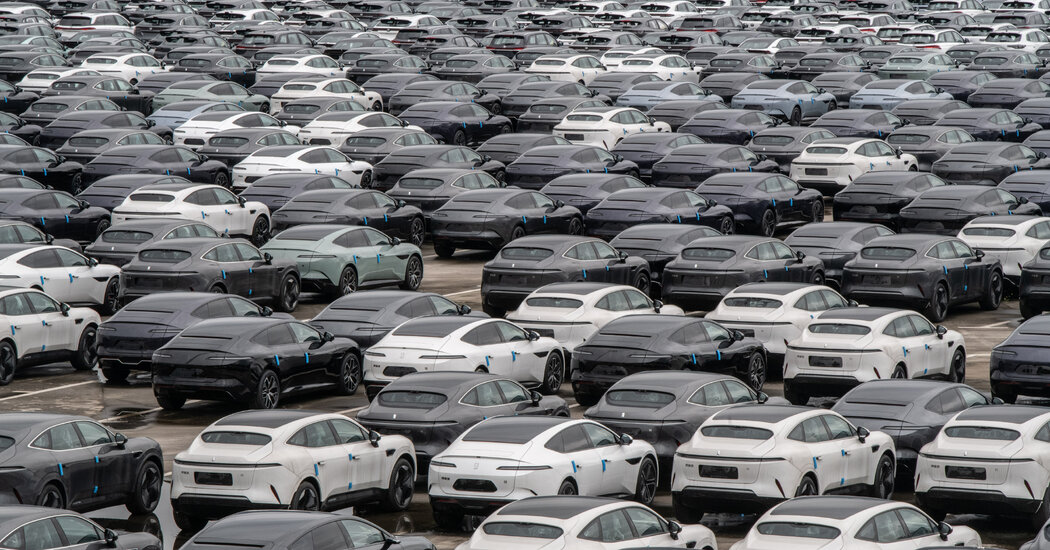Potential Merger of Dongfeng Motor and Changan Automobile
In a significant move within China’s automotive industry, two of the country’s largest state-owned automakers, Dongfeng Motor and Changan Automobile, are reportedly in advanced discussions to merge. This merger could pave the way for the creation of a powerful entity specializing in both consumer vehicles and military equipment. However, this consolidation may also raise concerns for their American and Japanese partners.
According to sources familiar with the ongoing talks, which remain unofficial, both companies have been engaging in detailed negotiations regarding the integration of their operations. They have also informed their foreign partners about these intentions. While Dongfeng and Changan may not be household names outside of China, each company surpasses renowned global automakers such as Mercedes-Benz and BMW in terms of production, collectively manufacturing over 5 million vehicles annually. This output exceeds that of Ford Motor and is nearly on par with the production levels of General Motors and Stellantis, the conglomerate that encompasses brands like Fiat, Chrysler, and Peugeot.
The proposed merger represents a major consolidation effort within China’s automotive sector, which holds the title of the world’s largest market. It also signals the country’s swift transition towards electric vehicles. Both Dongfeng and Changan currently possess a surplus of factory capacity dedicated to producing gasoline-powered vehicles, a situation that has led to an excess in production capabilities.
The Chinese government is optimistic that a merger will streamline operations, allowing for the closure of redundant gasoline vehicle factories while enhancing competitiveness in the burgeoning electric vehicle market. Notably, the national government maintains controlling stakes in both Dongfeng and Changan. Dongfeng serves as a primary supplier of military vehicles to the People’s Liberation Army, while Changan operates as a subsidiary of a military contractor. This connection could potentially attract scrutiny from the Trump administration regarding a newly formed, larger military supplier and its partnerships with joint ventures.




